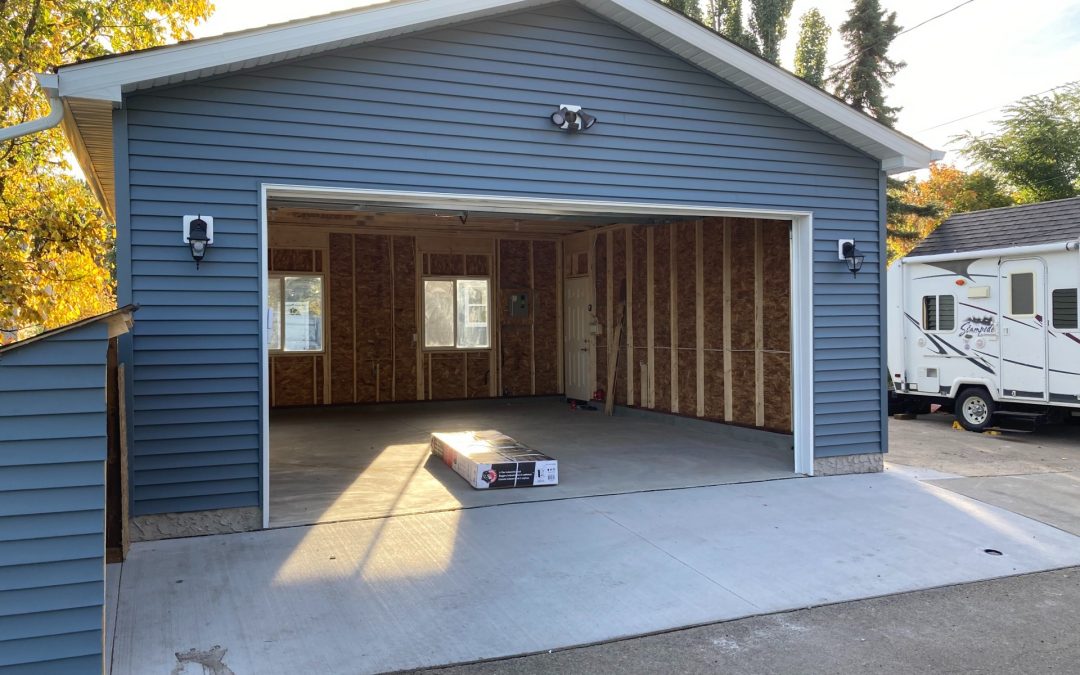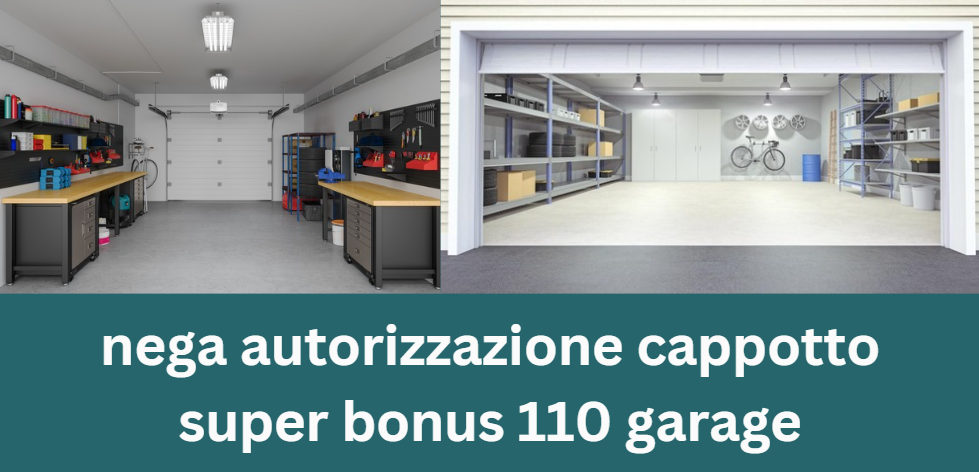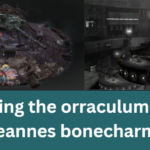In recent years, Italy has introduced a variety of fiscal incentives to encourage energy efficiency improvements in homes and other buildings. One of the most prominent is the Super Bonus 110%, a tax credit that allows homeowners to deduct up to 110% of the expenses for energy upgrades and seismic improvements. However, not all requests for this bonus are approved. A recurring issue in some cases is the nega autorizzazione cappotto Super Bonus 110 garage, or the denial of authorization for applying the Super Bonus 110% to garages, especially in the context of exterior insulation (cappotto termico).
In this comprehensive article, we’ll dive deep into what this denial means, why it happens, and what homeowners in the USA looking to understand or replicate similar systems in their own contexts can learn from this Italian policy. We’ll also address frequently asked questions to clarify common concerns.
Contents
- 1 What Is the Super Bonus 110%?
- 2 Nega Autorizzazione Cappotto Super Bonus 110 Garage: The Challenge
- 3 The Role of the Cappotto Termico
- 4 How to Address Nega Autorizzazione Cappotto Super Bonus 110 Garage
- 5 Learning from Italy’s Super Bonus in the USA: What Can Americans Take Away?
- 6 Frequently Asked Questions (FAQs)
- 7 Conclusion
What Is the Super Bonus 110%?
Before delving into the issue of authorization denial for garages, it’s important to understand what the Super Bonus 110% is and why it has gained so much attention. Launched in Italy in 2020 as part of the government’s post-pandemic economic stimulus plan, the Super Bonus 110% allows homeowners and building managers to deduct up to 110% of the costs associated with specific energy-efficiency improvements. These improvements typically include:
- Exterior insulation (known as cappotto termico)
- Replacement of heating and cooling systems
- Installation of solar panels
- Seismic structural improvements
This tax credit can be spread out over five years, making it an attractive option for people looking to upgrade their properties without bearing the full cost upfront. While this program is largely targeted at homes and residential buildings, many property owners want to apply the bonus to their garages as well, particularly for insulation purposes.
Nega Autorizzazione Cappotto Super Bonus 110 Garage: The Challenge
The term “nega autorizzazione cappotto Super Bonus 110 garage” refers to the situation where the local authorities or related government bodies deny a homeowner’s application to use the Super Bonus 110% for insulation (or cappotto termico) on a garage. This can be a frustrating experience for many, as garages are often integral to the overall energy efficiency of a property, especially in larger homes with attached or multi-car garages.
Why Are Applications for Garages Denied?

Authorization for applying the Super Bonus 110% is sometimes denied for garages due to several key reasons:
- Garages May Not Be Classified as Living Spaces: In Italy, as in many countries, garages are not always considered “living spaces” (spazi abitabili). Since the Super Bonus is designed to improve the energy efficiency of habitable spaces, garages may be excluded from the eligible areas that qualify for the bonus.
- Zoning and Building Codes: Italian zoning laws and building codes can vary significantly from region to region. In some cases, local regulations may prohibit or restrict the use of certain tax incentives for non-residential parts of a property like a garage.
- The Scope of the Super Bonus: The Super Bonus 110% was primarily designed to enhance the energy efficiency of residential buildings. While a cappotto termico (exterior insulation) on a home can lead to significant energy savings, applying it to a garage might be seen as an unnecessary use of resources from the government’s perspective. Garages typically don’t require the same level of insulation as the main residential areas because they aren’t constantly inhabited.
- Technical Requirements: There may be technical reasons why the insulation of a garage is not approved under the Super Bonus. For example, the installation of exterior insulation on certain types of garages may not provide the energy efficiency gains required to justify the tax credit. The authorities might evaluate each project based on the expected energy savings, and garages often don’t meet the minimum requirements.
The Role of the Cappotto Termico
Cappotto termico, or exterior insulation, is one of the primary upgrades eligible under the Super Bonus 110%. This form of insulation involves adding layers of insulating material to the outside of a building to prevent heat loss in winter and keep the building cooler in summer. It plays a crucial role in improving a building’s overall energy efficiency, and as a result, it’s one of the most popular improvements funded by the Super Bonus.
However, applying this technique to garages has been a sticking point for many. While homeowners see the benefit of insulating their garages, local authorities often see it differently. In their view, garages are not primary living spaces and do not require the same level of energy efficiency improvements. This is why so many applications for garage insulation are denied, leading to the nega autorizzazione cappotto Super Bonus 110 garage.
Energy Efficiency in Garages
One of the primary reasons why many homeowners wish to insulate their garages is to reduce the energy demands of the adjacent living spaces. For example, in homes with attached garages, heat loss through the garage walls can have a significant impact on the overall energy efficiency of the home. Properly insulating the garage can prevent this heat loss and reduce energy consumption, leading to lower utility bills and a more comfortable living environment.
Nevertheless, the energy savings generated by insulating a garage may not be substantial enough to qualify for the Super Bonus 110%. From the perspective of local authorities, it may be more cost-effective to focus the bonus on areas of the home where the energy efficiency gains will be greater, such as the main living areas.
How to Address Nega Autorizzazione Cappotto Super Bonus 110 Garage
If you’re facing a nega autorizzazione cappotto Super Bonus 110 garage, there are several steps you can take to address the situation and potentially secure approval:
1. Consult a Building Expert
One of the first things you should do is consult with a building expert or an engineer who is familiar with local building codes and regulations. They can help you assess whether your garage can realistically be included in your Super Bonus application and provide advice on how to proceed.
2. Seek Legal Advice
If you believe that your garage should qualify for the Super Bonus, it may be worthwhile to seek legal advice. An attorney specializing in construction law can help you navigate the complex regulations and potentially appeal the denial of your application.
3. Modify Your Application
In some cases, it may be possible to modify your application to make it more likely to be approved. For example, if your garage is attached to the main living areas of your home, you may be able to argue that insulating the garage is necessary to achieve the overall energy efficiency goals of the Super Bonus. By providing additional documentation and making a strong case for the inclusion of the garage, you may be able to secure approval.
4. Consider Alternative Incentives
If your application for the Super Bonus 110% is denied, there may be other incentives or tax credits available that you can use to insulate your garage. Be sure to explore all of your options before giving up on the project.
Learning from Italy’s Super Bonus in the USA: What Can Americans Take Away?
While the Super Bonus 110% is an Italian incentive, it offers valuable lessons for the USA, where energy efficiency programs are also becoming increasingly important. Here are some key takeaways:
- Targeted Incentives for Energy Efficiency: The Super Bonus shows the potential for targeted incentives to encourage energy-efficient upgrades in homes. In the USA, there are already programs such as the federal tax credit for energy-efficient home improvements, but Italy’s approach demonstrates the power of larger, more comprehensive incentives.
- Challenges with Non-Living Spaces: One of the recurring issues with the Super Bonus is the difficulty of applying it to non-living spaces such as garages. American homeowners should be aware that similar issues may arise with energy efficiency incentives in the USA. Garages and other non-living spaces may not qualify for the same incentives as the main parts of a home.
- The Importance of Local Regulations: Just as in Italy, local building codes and regulations in the USA can have a major impact on whether or not energy efficiency upgrades are approved. Homeowners should always check with their local authorities before beginning any major project.
- Focus on High-Impact Areas: The Super Bonus program demonstrates the importance of focusing on areas of the home where energy efficiency upgrades will have the greatest impact. For American homeowners looking to maximize their energy savings, it’s often best to prioritize areas like windows, walls, and roofs, rather than garages or other secondary spaces.
Frequently Asked Questions (FAQs)
1. What is the Super Bonus 110%?
The Super Bonus 110% is an Italian government tax credit that covers up to 110% of the cost of certain energy efficiency and seismic upgrades for residential buildings.
2. Does the Super Bonus apply to garages?
In most cases, garages are not eligible for the Super Bonus 110% because they are not classified as living spaces. However, there may be exceptions depending on local regulations and the specific characteristics of the garage.
Authorization for garages is often denied because garages are not considered primary living spaces, and the energy efficiency gains from insulating a garage are typically not substantial enough to justify the tax credit.
Yes, it may be possible to appeal a denial of authorization. Consulting with a building expert or legal professional can help you navigate the appeal process.
5. Are there alternative incentives for insulating a garage?
Yes, there may be other incentives or tax credits available for insulating a garage, depending on where you live. Be sure to explore all of your options before giving up on the project.
Conclusion
The nega autorizzazione cappotto Super Bonus 110 garage is a complex issue rooted in Italy’s specific regulations and goals for energy efficiency. While many homeowners see the value in insulating their garages, local authorities may not always agree, leading to denials of authorization. However, with careful planning, expert advice, and persistence, it may be possible to overcome these obstacles and secure approval for garage insulation projects.
For homeowners in the USA, the lessons learned from Italy’s Super Bonus 110% can offer valuable insights into how similar programs might be structured in the future. By understanding the limitations and opportunities of such programs, American homeowners can make more informed decisions about their own energy efficiency upgrades.



